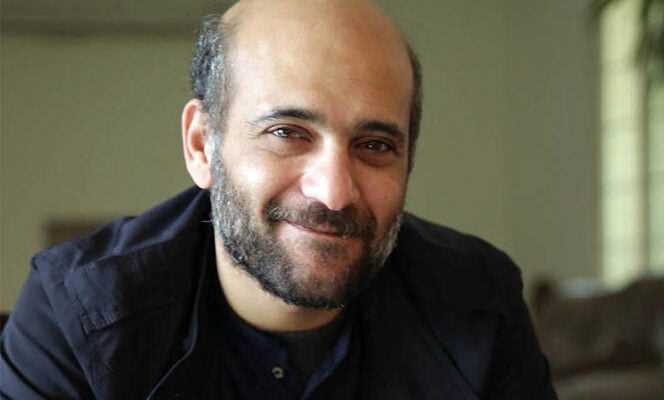His release is a relief. Palestinian-Egyptian activist Ramy Shaath, detained in Egypt since July 5, 2019, was released from an Egyptian prison on Saturday January 7, his family confirmed in a statement. According to the same press release, Ramy Shaath was forced to renounce his Egyptian nationality, and after more than nine hundred days of detention, is on his way to France.
Aged 48, Ramy Shaath is a figure of the Egyptian revolution of 2011 and the coordinator in Egypt of the Boycott, Divestment, Sanctions movement (BDS, advocating the boycott of Israel in the fight against the occupation of the Palestinian territories). He had been detained for more than two years for wanting to instigate “Unrest against the state”.
Calls to put pressure on Egypt
His wife, Céline Lebrun Shaath, of French nationality, who was expelled from Egypt after her husband’s arrest, called on the French government to put pressure on Cairo to obtain her husband’s release. In December, five human rights organizations questioned the President of the French Republic, Emmanuel Macron, on the fate of this activist, son of Palestinian political leader Nabil Shaath.
A year earlier, during a visit to Paris by Egyptian President Abdel Fattah Al-Sissi on December 7, 2020, Mr. Macron had claimed to have met with him about “Individual cases”, including that of Ramy Shaath.
Mr. Shaath’s situation “Is closely monitored and is regularly discussed, including at the highest level”Foreign Ministry spokeswoman Anne-Claire Legendre said in December.
Another Egyptian human rights activist, researcher Patrick Zaki, was released in December after twenty-two months in detention, but he still faces up to five years in prison for ” fake news “ because of an article denouncing discrimination against Christians.
Egypt has more than 60,000 prisoners of conscience, according to NGOs. The United States believes that the country violates human rights in all areas and has, as a result, frozen 10% of its aid.
